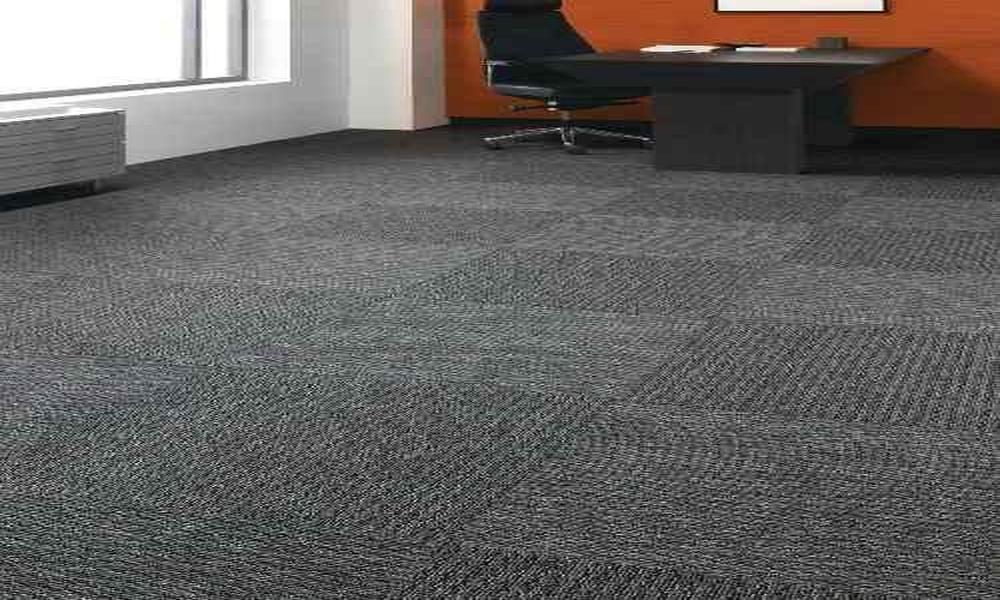When it comes to selecting the best carpet fiber for high-traffic areas in an office, you will want to consider the durability and resilience of the material. Here are some of the most common carpet fibers used in commercial settings:
Nylon:
This is one of the most durable and resilient carpet fibers available, and it’s often the first choice for high-traffic areas. It’s resistant to wear, stains, and fading, and it can be treated with special coatings to increase its lifespan.
Polypropylene:
This fiber is also known as olefin, and it’s a popular choice for commercial settings because of its stain resistance and durability. However, it may not be as resilient as nylon and can flatten over time in high-traffic areas.
Polyester:
This fiber is known for its softness and affordability, but it may not be as durable as nylon or polypropylene. It can be a good choice for low-traffic areas or areas with less wear and tear.
Wool:
This natural fiber is durable and has a luxurious feel, but it can be expensive and may not be as stain-resistant as synthetic fibers. Wool is best suited for low- to moderate-traffic areas.
Ultimately, the best carpet fiber for high-traffic areas in an office will depend on a variety of factors, including a budget, aesthetic preferences, and maintenance requirements. It’s always a good idea to consult with a professional carpet installer to help you choose the right carpet for your specific needs.
How do I prevent my office carpets from fading?
Carpet fading can be caused by several factors, including exposure to sunlight, chemicals, and high foot traffic. Here are some tips to prevent your office carpet tile from fading:
Install UV-Blocking Window Films: One of the leading causes of carpet fading is exposure to sunlight. To prevent this, you can install UV-blocking window films on your office windows. This film will reduce the amount of UV radiation that enters your office, which can help prevent fading.
Use Blinds or Curtains: Another way to prevent sunlight from damaging your carpets is to use blinds or curtains. This will allow you to control the amount of light that enters your office and protect your carpets from direct sunlight.
Avoid Chemical Exposure: Chemicals such as bleach, ammonia, and other cleaning products can cause carpet fading. To prevent this, use mild cleaning agents and avoid using products that contain harsh chemicals.
Control Foot Traffic: High foot traffic can cause wear and tear on your carpets, which can eventually lead to fading. To prevent this, use entrance mats to trap dirt and debris before it reaches your carpets. You can also consider implementing a no-shoes policy to reduce the amount of dirt and debris that is tracked onto your carpets.
Rotate Furniture: If you have furniture that sits on your carpets for extended periods, it can cause fading in the surrounding area. To prevent this, consider rotating your furniture periodically to distribute the wear and tear evenly across your carpets.
By following these tips, you can help prevent your office carpets from fading and prolong their lifespan.


